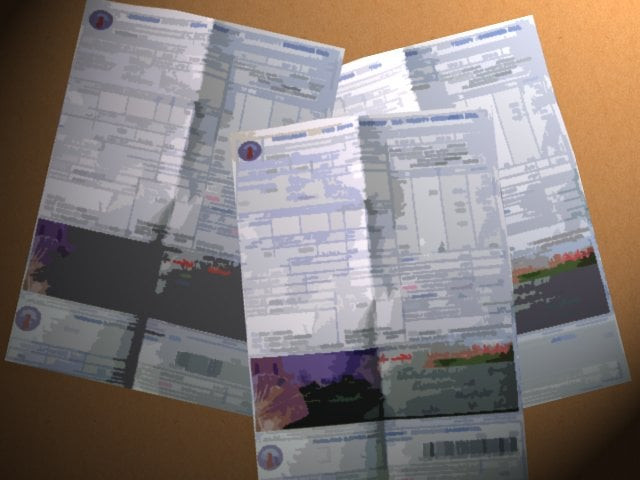Power companies'defaulters: Desperate govt to offer 50% rebate on payment of old bills
It is an opportunity for consumers before coercive measures are taken

"It (power ministry) needs continuous support of the petroleum and finance ministries in the form of uninterrupted fuel supply and cash," Water and Power Secretary Younis Daga. PHOTO: EXPRESS
As all efforts for the recovery of dues from wilful defaulters have come to nought, the government will give 50% rebate on payments and recovery of receivables of more than three years.
The decision was taken in a high-level meeting held recently at the Prime Minister’s Office.
In a meeting of the Economic Coordination Committee (ECC) held about six months ago, the economic managers came to know that the private sector owed Rs375.181 billion to power distribution companies, of which Rs137.144 billion had been due for the past one to three years.
It was proposed that the recovery of consumer bills should be outsourced to private companies.
However, the meeting participants decided that the National Accountability Bureau (NAB) would be engaged in order to take action against the people providing electricity to influential consumers without any interruption and to ensure the recovery of bills.
During the meeting held at the PM Office, Water and Power Secretary Younis Daga said while power distribution companies had made some progress, still a lot needed to be done.
To bring about improvement in the collection of consumer bills, he proposed some measures such as 50% rebate on clearance of receivables of more than three years and 5% reward for the recovery staff from linesmen to executive engineers (Xen). He also proposed that a list of wilful defaulters should be sent to NAB for action.
However, the meeting agreed only on the 50% rebate offer to domestic consumers.
The spokesman for the Ministry of Water and Power called the rebate an incentive for the domestic consumers who found it difficult to pay the old bills piled up over the years.
“Before we go for coercive measures for making recoveries through NAB or other means, we want to provide an opportunity for all domestic consumers across the country to clear their dues,” he added.
He also gave an overview of how the gap in demand and supply of electricity was being tackled, which was called load management plan, in urban, rural and industrial areas.
He told the meeting that on average power supply was stopped for six hours in a day in urban areas, eight hours in rural areas and four hours in industrial areas throughout the country.
However, he pointed out that there was some variation in the duration of outages in areas covered by the feeders where losses were high.
The spokesman stressed that the power ministry could implement the approved load management plan according to the directives only because of increased hydroelectric power generation and suitable weather that kept the demand within manageable limits.
“However, it needs continuous and enhanced support of the Ministry of Petroleum and Natural Resources and the Ministry of Finance in the form of uninterrupted fuel supply and cash assistance,” he said, adding in case of any interruption in oil and gas supplies, it would hardly be possible to maintain the duration of load-shedding in rural and urban areas.
Published in The Express Tribune, June 10th, 2015.
Like Business on Facebook, follow @TribuneBiz on Twitter to stay informed and join in the conversation.



















COMMENTS
Comments are moderated and generally will be posted if they are on-topic and not abusive.
For more information, please see our Comments FAQ